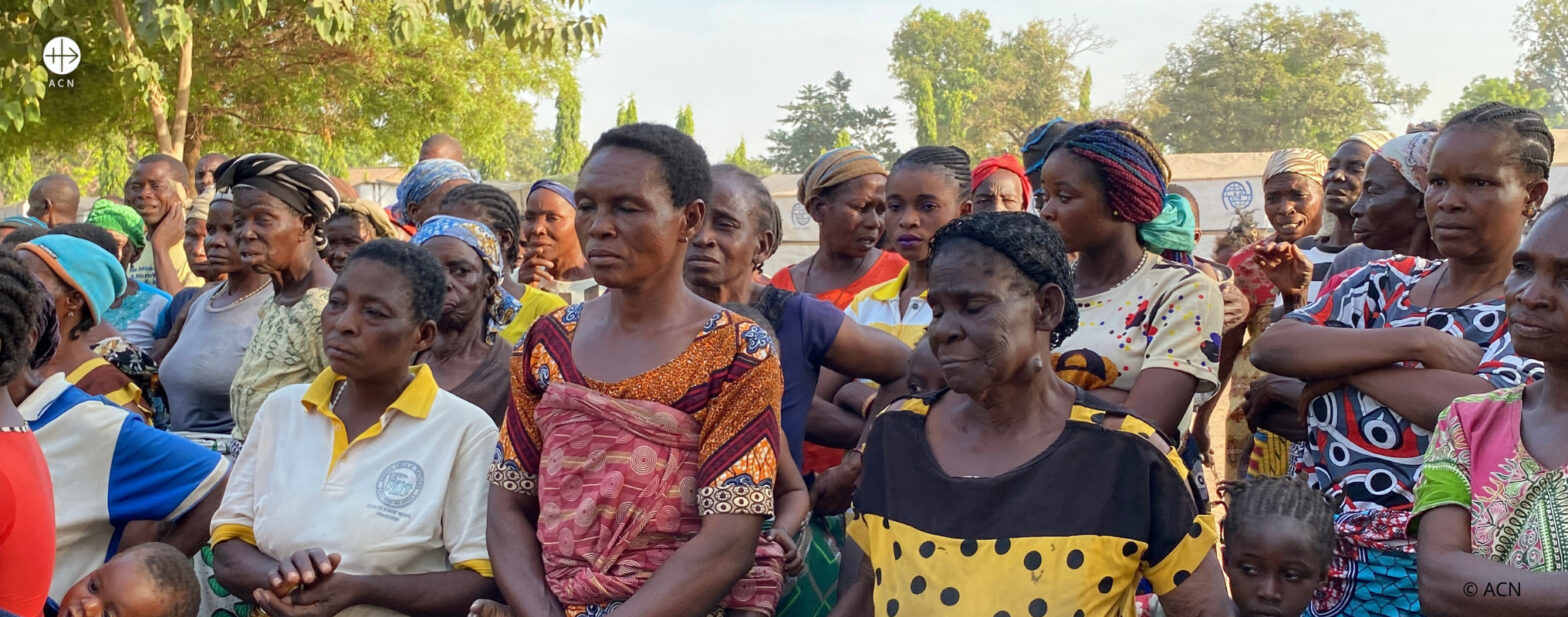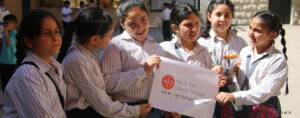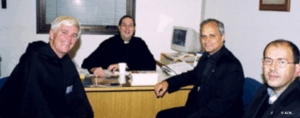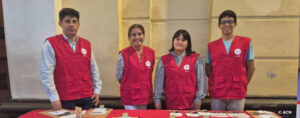Father Remigius Ihyula, a project partner of Aid to the Church in Need (ACN), heads the Foundation for Justice, Development and Peace, an arm of the Diocese of Makurdi in Benue State, Nigeria. The state is among the hardest hit by attacks from Fulani herdsmen, and the Foundation distributes the Church’s aid for Internally Displaced Persons (IDPs), who are mostly individuals and families uprooted by Fulani violence.
ACN supports the local Church as it provides aid to IDPs in 14 camps and in 13 host communities. Besides pastoral care, the local Church provides trauma counseling, scholarships so that children can continue their education, as well as food and other forms of humanitarian aid.
In an interview with Aid to the Church in Need (ACN), Father Ihyula comments on the situation, noting the government’s failure to stem the violence.
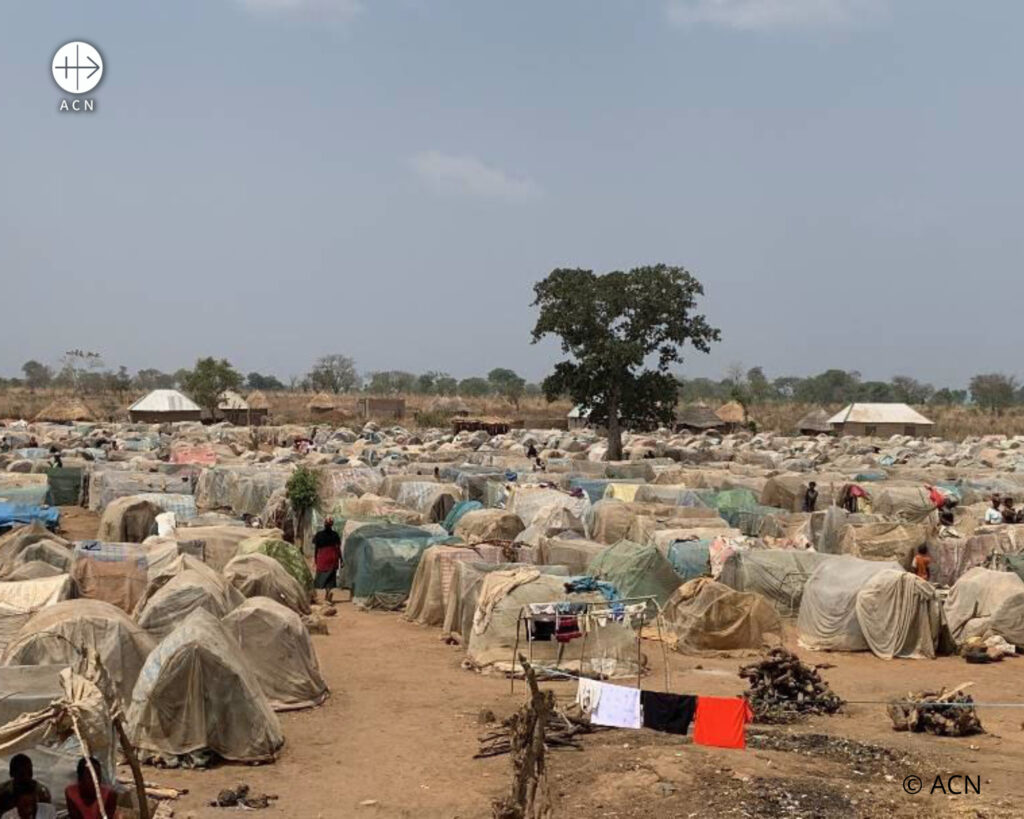
***
ACN – Fueled by sophisticated weapons, the murder and mass displacement of Nigerians began in 2009 and grew worse in 2014. Millions have been forced to flee, and thousands are living in camps, though some are living with family members. Why is there so much Fulani violence in Benue State?
Father Remigius Ihyula – What is called Fulani violence should be called Fulani terrorist attacks on innocent villages. Some say their motive is religion; others say that they’ve come into the Benue valley because of climate change. But it’s not because of climate change, because that is a factor all over, and people are not killing each other everywhere. Our interpretation is that there are terrorists who use these herdsmen to displace the local population.
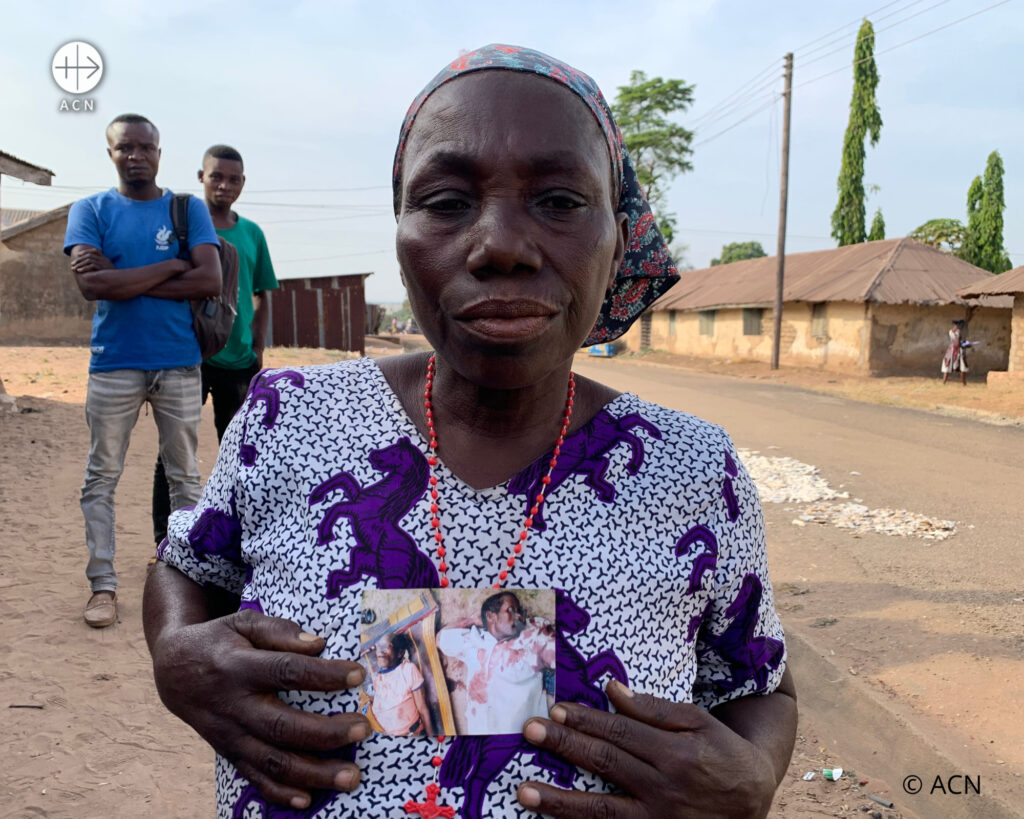
Benue State is considered the “food basket of Nigeria.” It is the region with the highest agricultural productivity and caters to the food needs of people in Nigeria and beyond. Crops feed farmers’ families, and the sale of produce pays for medical fees, tuition, and other vital things. But terrorist activities have denied Nigerians these opportunities. People have been reduced to begging, and our people have never begged before. The Benue farmer is very proud. Our farmers have always been able to farm and feed themselves. But now they beg and rely on non-governmental organizations and, in some cases, private individuals who give them food where they are encamped or hiding. They cannot go back to their villages for farm work, because when they do attempt to go back, they are killed by terrorists.
And they are not only destroying crops and killing people, especially male children, but also occupying the land so that people cannot return to their farming communities, which has caused hunger and hardship.

How is the Diocese of Makurdi caring for IDPs in the camps?
Spiritual sustenance is important, but we try to address their other needs first. People are in desperate need. They need hygiene, food, education, and psychological care. Many people have stopped sending their children to school because of the violence, so we try to provide education for students in the camps. The Church has made it possible for them to safely attend schools in townships. We also teach them entrepreneurial skills so that when they are out of school, they have something to fall back on.
Some camp residents have suffered multiple displacements. Others have seen their loved ones slaughtered, shot at, and butchered like animals. We have staff who give psychosocial counselling to address their trauma, and we also provide spiritual help because the Christian faith sometimes helps people heal better and faster. If not for the Christian faith, I am sure that many people would have taken up arms to go back and fight.
What is most important for the people in the camps?
They need their faith, which is the most important support we can give them. Therefore, the bishop tells me to visit the camps every day. When they see me, it gives them hope and strengthens their faith in God. Our Lord’s Prayer teaches us to love and pray for those who hate and persecute us. Our people are willing to forgive and try to heal. Despite all that has happened to them, they must be willing to forgive – that is the message of our preaching to them, so that they can rebuild their lives. When we talk to our people who have suffered, we urge them not to take revenge, because then they may never heal from what they have gone through.
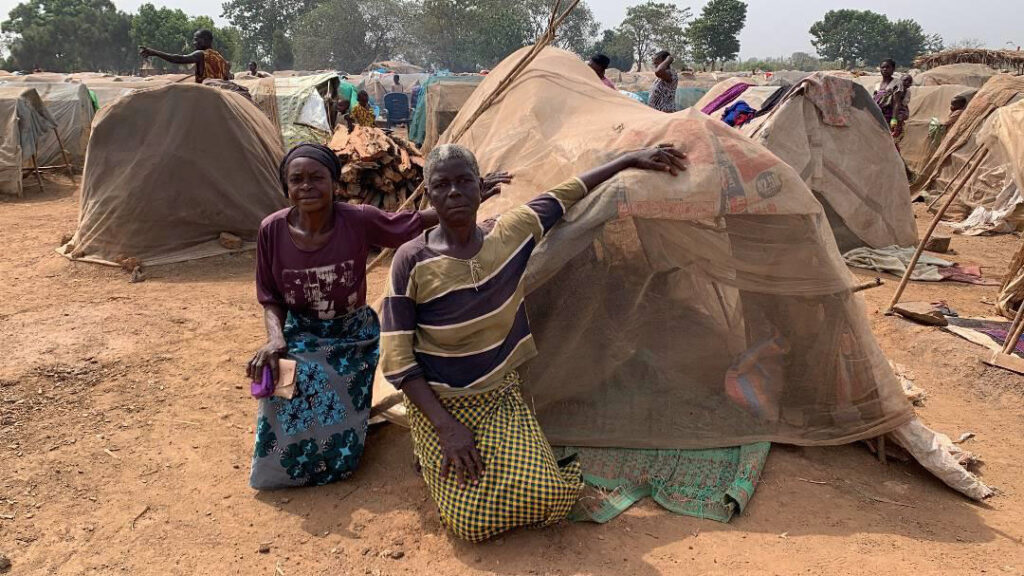
What is the government doing to solve the problem?
We only pray that God gives us leaders who will not be biased and will help those driven from their villages to go back and continue their lives. Our present leadership, it seems, neglects their plight, because these people don’t speak their language or worship like they do. It’s as if they are lesser human beings and so whatever happens to them is none of their concern.
Show me any place on Earth where people are displaced in their thousands and their government or president doesn’t visit. Our people are butchered and slaughtered daily, and our president does not come to see them. And when our governor wants to speak about this, the president shuts him up. He says it’s an age-old thing. We ask him: why do you allow your citizens to be killed?
These are some of the issues we are battling with. If, by chance, our leaders read this interview, I will become a target. For them, I am the problem – not the president who has failed to do his duties, who has failed to protect his citizens, but me, for speaking the truth. In Nigeria, when people say injustice should be addressed, they become a target. I am a Catholic priest. If you kill me, you are killing one person. If you target me, you target one person. But I’m not going to live forever, anyway, and the truth should be told. The president has heard and seen a lot of news about Benue State. Can he come here for once and see what is happening? Do our people deserve to be punished like this?
What are the diocese’s biggest needs when it comes to caring for IDPs?

First, we hope to get funding for a trauma center to serve IDPs and other people who have suffered major crises. Similarly, we need health care for these people, proper facilities to take care of them. Beyond this, we want to educate the children. The bishop has already begun this work.
What is your message to ACN benefactors?
Aid to the Church in Need is a godsend for the Diocese of Makurdi. The organization has taken our message to the world. This is only the first of their interventions in Makurdi, and we have achieved so much already. I want to use this medium to thank all of you for the work you do. We pray for you and for your intentions, and that you continue to advocate for us. We pray that this collaboration will be fruitful and better the situations of our brothers and sisters. Thank you and God bless you.
Aid to the Church in Need supports the work of the Diocese of Makurdi in Nigeria, providing aid to Internally Displaced Persons (IDPs) of Guma and Daudu Camp, two of 14 camps and 13 host communities.
Besides pastoral care, the local Church provides trauma counseling, scholarships, food, and other forms of humanitarian aid. In 2022, Fulani herdsmen attacked 93 villages and killed 325 farmers.

